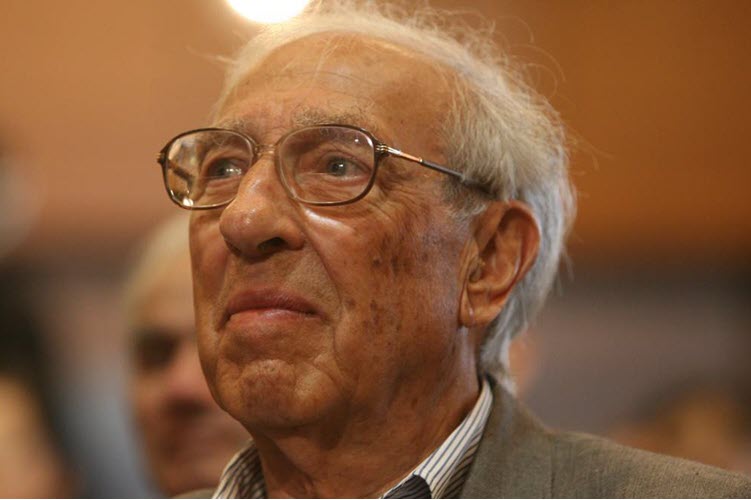Edmond Fischer (6 April 1920 – 27 August 2021) was a Swiss-American biochemist. In 1992, Fischer was awarded the Nobel Prize in Physiology or Medicine.
Life and Career
He was born on 6 April 1920 in Shanghai, China. He received his early education in Switzerland and graduated from the University of Geneva with a Ph.D. in chemistry in 1950. During his doctoral studies, he worked on the structure and function of the enzyme aldolase, which sparked his interest in enzyme regulation.
After completing his Ph.D., Fischer went to the United States as a postdoctoral fellow at the University of Washington in Seattle. It was there that he began working with Edwin G. Krebs, and together they made the groundbreaking discovery of reversible protein phosphorylation.
Fischer and Krebs discovered the first enzyme known to be regulated by phosphorylation, a process in which a phosphate group is added to a protein molecule. They found that phosphorylation could turn enzymes on or off, which provided a mechanism for controlling many important cellular processes.
He remained at the University of Washington for the rest of his career, rising through the ranks to become a full professor of biochemistry in 1962. He also served as the director of the university’s Department of Biochemistry from 1968 to 1977.
In addition to his work on reversible protein phosphorylation, Fischer has also made significant contributions to our understanding of other aspects of cellular regulation, including the role of calcium ions in signaling pathways.
Edmond Fischer died on 27 August 2021, in Seattle, Washington, U.S.
Award and Legacy
In 1992, Fischer was awarded the Nobel Prize in Physiology or Medicine, along with Krebs, for their groundbreaking work on reversible protein phosphorylation.
He was also elected to the National Academy of Sciences, the American Academy of Arts and Sciences, and the Royal Society of London.
Their discovery of reversible protein phosphorylation opened up a whole new field of research in biochemistry and cell biology. Today, this process is known to play a critical role in regulating a wide range of cellular functions, including cell division, metabolism, and signal transduction.

